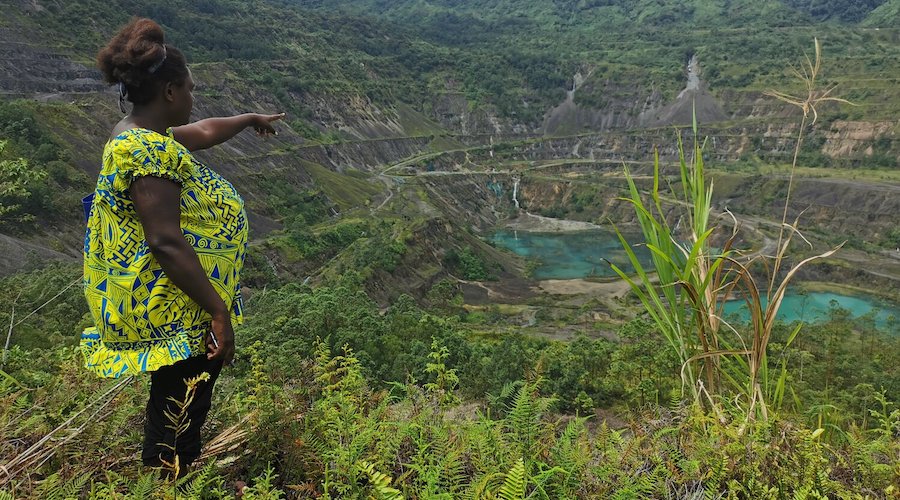|
Environmental and human rights assessment of Rio Tinto’s former Panguna copper mine begins
Tuesday, December 6, 2022 - 11:26:16
|

|
According to Mining News Pro - A historic independent environmental and human rights legacy impact assessment of Rio Tinto’s former Panguna copper mine will begin in Bougainville this week.
The Panguna mine was operated by BCL, majority-owned by Rio Tinto, for 17 years from 1972 until 1989, when operations were suspended due to an uprising against the mine and subsequent civil war. A peace agreement was signed in 2001.
Bougainville had a history of small-scale mining. But the identification of a major gold, copper and silver orebody at Panguna in the 1960s prompted Bougainville Copper Ltd, (BCL) a subsidiary of Rio Tinto, to start operations of a major mine.
Last year, Rio Tinto publicly committed to fund the independent assessment in response to a human rights complaint brought by 156 local community members, represented by the Human Rights Law Centre.
The human rights complaint alleges that the massive volume of mine waste pollution left behind by Panguna is putting communities’ lives and livelihoods at risk.
Over a billion tonnes of waste tailings were released directly into the Jaba and Kawerong rivers during operations. Pollution from the mine continues to contaminate the rivers and flood large areas of land downstream, which is having devastating impacts on the lives of thousands of Bougainvilleans, the Human Rights Law Centre said in a press release Monday.
The Legacy Impact Assessment is being overseen by a committee comprised of community leaders, landowners, government representatives, the Human Rights Law Centre and representatives from Rio Tinto and Bougainville Copper Limited.
“This is an important step towards addressing insecurity and pain for the people in the impacted community areas. Thus, we welcome the assessment into the impacts of the Panguna mine as soon as possible,” committee member and traditional landowner Theonila Roka Matbob, said in the statement.
“We are always worrying that the food we eat, the water we drink and the air we breathe is not safe. We worry about levees collapsing and mine waste flooding our lands and communities,” she said. “We welcome Rio Tinto’s commitment to this process,” she said.
http://www.miningnewspro.com/En/News/622418/Environmental and human rights assessment of Rio Tinto’s former Panguna copper mine begins
|